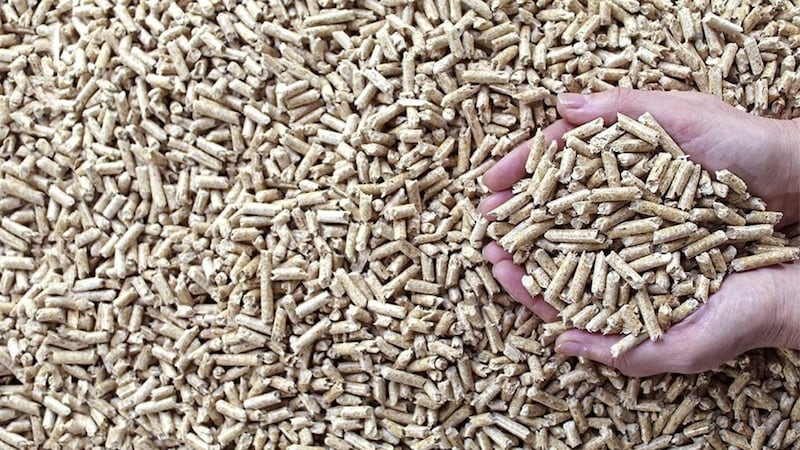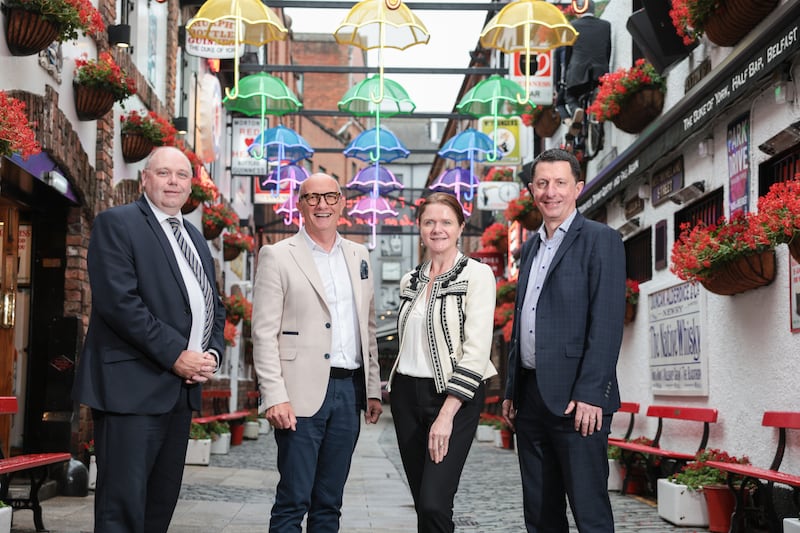THE aftermath of the latest budget delivered by the new Chancellor has dominated the media since it was delivered. The impact on the value of sterling and the turmoil that it has created in the international markets has distracted many from the focus required on some of the key measures outlined.
Whilst beneficial to some, the elements announced by the Chancellor only tinker around the edges of the support really required by hospitality businesses here. Major financial assistance to cut pressure caused by the high rate of VAT and business rates are urgently required. Again, it was extremely disappointing that the Chancellor did not see fit to make these changes.
Measures including the cancellation of the increase in corporation tax and alcohol duty are welcome, however, any impact of these are dependent on trade levels and profitability, which is sadly lacking. Further support measures will be required to properly stave off the burdens placed on the industry.
Regardless of the furore created by Kwarteng’s attempt to stabilise the economy, we need to cut through the noise and examine one of the areas of critical importance not only to Northern Ireland as a whole, but the hospitality sector in particular - energy.
Hospitality businesses in Northern Ireland are now reporting energy costs have risen from 8 per cent of turnover in 2021 to 19 per cent of turnover in 2022.
Just take a moment to think about how much energy a typical business in the hospitality sector needs. Keeping places well lit, keeping pints cool and lunches hot is essential for successful custom and to keep people coming back. Consumer expectation is high and with soaring energy prices, quality service now comes at crippling cost.
Accommodation and food - which includes pubs - is the fourth highest energy intensive industry after the three major players of Electricity and Gas, Transportation and Storage and Wastewater, meaning that energy accounts for one of the largest shares of the sector’s purchases.
So why is there a complete lack of urgency in dealing with the problem that we all have, and why is there a wait for the energy cap intervention outlined in the Chancellor’s mini-budget to be translated into a Northern Ireland scheme? It’s a drag and burning up time we don’t have. State intervention at this stage could be too little, too late.
In anticipation of the expected lag, we have not been sitting idle and waiting for the government to sort it out for us. At Hospitality Ulster we are seizing the initiative for our members. Whether it is through the setting up of an oil buying club or looking at the options around battery storage, all alternatives are being examined.
This short termism and muddling through the next quarter is exhausting for business owners in the hospitality sector. Like other sectors it needs longer term certainty to be able to plan ahead. Whilst we are not ignorant to global pressures impacting us all - we need to arrest the volatility impacting our local hospitality sector which sustains so many jobs.
We now need to press for swift and decisive policy intervention locally on how we are going to control our energy cost problem and how we can support the hospitality sector in the meantime.
Colin Neill is chief executive of Hospitality Ulster









